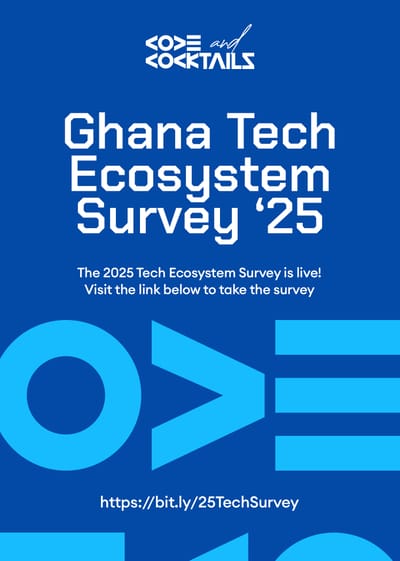Stack Overflow is Dying (And I'm Not Sure That's Bad)
For most of my career, Stack Overflow has been the place to go when you’re stuck. It was the global help desk for developers, part search engine, part mentorship circle, part gladiator arena.

For most of my career, Stack Overflow has been the place to go when you’re stuck. It was the global help desk for developers, part search engine, part mentorship circle, part gladiator arena. You could find answers to the weirdest bug in your code at 3 AM, learn better patterns just by reading comments, and occasionally witness debates so intense they made you question your life choices.
But lately, something’s shifted. Question volume is down to what it was in the early days. People aren’t trickling away; they’re bailing. And it’s not just Stack Overflow losing out; the way we share and grow developer knowledge is changing completely.
Why We’re Walking Away
From my own experience (and what I’ve seen in the community), it comes down to three big changes:
- The AI Shift: Tools like GitHub Copilot and ChatGPT give instant, tailored answers right in your editor or chat window. No logging in, no “possible duplicate” comments, no waiting for someone to reply. Why post on Stack Overflow when an LLM will patiently walk you through Promise handling in three different styles?
- The Toxicity Problem: Let’s be honest: Stack Overflow’s legendary “rigor” often felt like gatekeeping. New questions were closed as duplicates, too vague, or off-topic within minutes. It was exhausting for newcomers and,, honestly tiring even for seasoned devs.
- The Fragmentation of Knowledge: We now have Discord servers for niche frameworks, GitHub Discussions for direct access to library authors, and even TikTok for short, targeted tutorials. Knowledge has gone from one giant cathedral to a thousand smaller, more specialized rooms.
What We Lose When Everything Is Instant
Don’t get me wrong, I use AI tools daily. They’re incredible for quick, tactical fixes. But they miss the deeper layers:
- Understanding suffers: Copy-pasting from an LLM is easy, but if you don’t know why the code works, you’re just stacking black boxes. Sooner or later, one will explode.
- Collective wisdom erodes: Stack Overflow’s upvote system naturally surfaced the most reliable, time-tested answers. AI has no such evolutionary filter; sometimes it confidently hands you outdated or insecure code.
- Mentorship fades: That “What have you tried?” comment? Sure, it could be annoying, but it also taught you to think methodically. AI won’t push you to improve your debugging skills.
Where I Think We’re Headed
I don’t think we’re going back to a single central hub. The next generation of dev knowledge will probably mix AI speed with human context:
- LLMs + Maintainers: Copilot is giving you code, but with GitHub Discussions explaining how it fits into the bigger picture.
- Smarter Documentation: AI baked into docs that can answer “Why would I use this over X?” instead of just showing syntax.
- Micro-Mentorship: Short, focused videos that show the process of solving a bug, not just the solution.
Building the Next Thing
If we’re going to replace what Stack Overflow gave us, we’ll need to:
- Value deep explanations over quick copy-paste fixes
- Preserve knowledge in ways AI can search and validate
- Reward answers that actually prevent future incidents, not just rack up internet points
Stack Overflow’s decline doesn’t mean developer knowledge-sharing is dying; it’s just evolving. The next wave will be less about “posting a question and waiting” and more about collaborating with both humans and AI, where the context matters as much as the code.





Comments